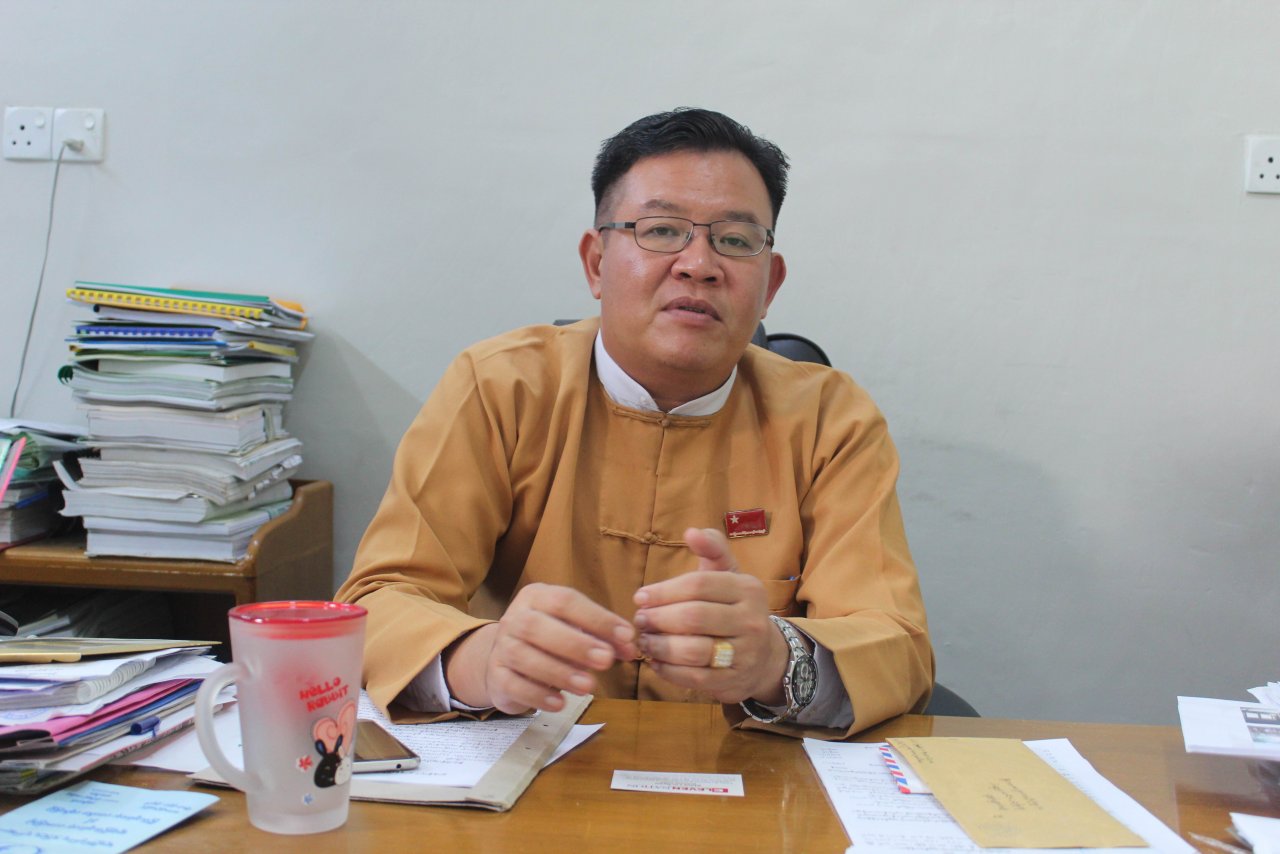Myanmar: Hopes for revival of Dawei SEZ
IMPLEMENTATION of the Dawei special economic zone (SEZ) has been suspended for years, but Myanmar and Thailand are still eager to revive the mega project, according to an official in Myanmar.
Phyo Win Tun, minister for planning and finance at the Tanintharyi Region Government and vice-chairman-1 of the Dawei SEZ management committee, said Myanmar would push for the project to be resumed in the second half of this year.
He said he hoped Myanmar’s national Union Parliament would soon approve Thailand’s offer to provide a soft loan of Bt4.5 billion for the construction of an Asean-standard two-lane highway to connect the two countries.
“We, regional authorities, have submitted our suggestion to the Union Government that Thailand’s loan should be urgently approved so the construction work can begin soon,” he said.
“As it is a government-to-government cooperation, we need to seek the Union Parliament’s approval. We hope the loan will be approved during the coming parliamentary session, and then the SEZ can move forward.”
He said the existing road from Htee Khee to the SEZ could not attract foreign investors due to the lack of infrastructure. In this regard, construction of the two-lane highway would be the first step to revive the stalled project.
“Connectivity is obviously the main barrier to the development of the Dawei SEZ,” he said. “We do not have good infrastructure in place. If factories are to be built here, there should be proper road connectivity, enough electricity and clean water. Without them, how can we attract foreign investors?”
He said the initial phase of the SEZ could begin after completion of the proposed highway. “We cannot wait to hear good news from the Parliament. We have been waiting for the green light for a long time. We are ready to implement the project once the loan is approved,” he said.
He said it would take two-and-a-half years to complete construction of the highway, but the committee has plans to improve infrastructure across the region before the initial phase begins.
“It has been nearly a decade, but we have not seen any significant progress. When it comes to special economic zones in Myanmar, Dawei should be the pioneer. But we are now behind Thilawa and Kyaukphyu. Why? It is mostly because of the lack of infrastructure here,” he said.
“Our region, Tanintharyi, is the only province in Myanmar that does not have access to the national grid. So, we need to buy electricity from independent power producers. Only a few towns have access to electricity though public facilities using natural gas. The electricity tariff per unit is much higher than other states and regions.
“And according to our geographical presence, townships in Tanintharyi Region are located very far from each other. It usually takes hours to go from one town to another. So, we must urgently improve our road connectivity for the development of our region,” he said.
According to the minister, the regional government has focused on four major areas – transport, municipal works, rural development and improving access to electricity. More than half of the budget allocation for the region goes to the construction of bridges, upgrading the Union Road and improving small roads in rural areas. He said some of the |road projects were undertaken |with development loans from |the Asian Development Bank.
Phyo Win Tun said construction works would create a large number of jobs for locals, and he believes better connectivity would lead to further developments of the SEZ.
“The most important thing right now is construction of the road linking the deep sea port and Thailand. The faster we work on the road, the more beneficial for the people living here,” he said.
He also welcomed the Union Government’s decision to change the period of the fiscal year. The fiscal year in Myanmar was originally designated to be from April 1 to March 31, but from fiscal year 2018-2019 onwards, it will be changed to October 1 to September 30.
He said the change would positively impact on Tanintharyi region’s construction works, as the rainy season used to pose some difficulties to the implementation of development projects. He said many foreign companies, mostly from Thailand, Japan and China, had shown interest in investing in the Dawei SEZ, and the committee often received visits from potential investors.
He said he appreciated Japan’s help to draw up the master plans for the Dawei SEZ and Tanintharyi coastal areas.
Begun in June last year, the master plans are expected to be available by the end of May.
The minister expects to see a lot of Japanese companies in the full phase of the SEZ, though they do not seem keen to be involved in the first phase.
Source: http://www.nationmultimedia.com/detail/Economy/30336813


 English
English




